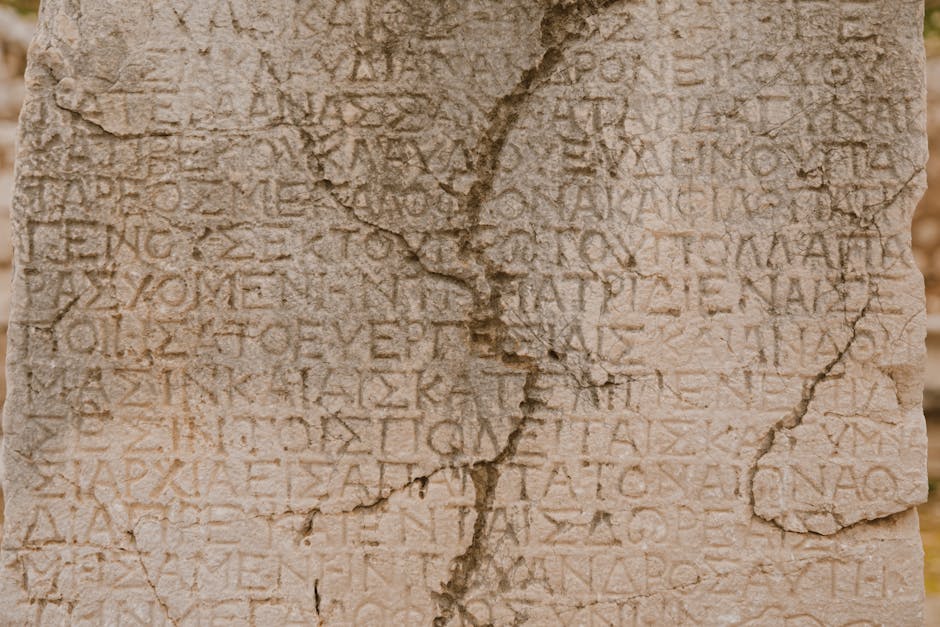A primary ethical challenge revolves around the inherent destructiveness of excavation. Archaeological sites are, by their very nature, finite resources. Once a site is excavated, it is irrevocably altered. Information is lost, context is compromised, and the physical integrity of the site is destroyed. This necessitates a rigorous and responsible approach, prioritizing thorough documentation, meticulous recording techniques, and the preservation of as much context as possible. Non-invasive techniques, such as ground-penetrating radar and magnetometry, are increasingly employed to minimize destructive excavation, offering invaluable data before any digging commences. Furthermore, a robust research design, based on clearly defined objectives and a comprehensive understanding of the site’s potential, is crucial to maximize the yield of information while minimizing damage. Failing to do so represents a profound ethical lapse, akin to destroying irreplaceable historical documents without proper study.
Another significant ethical dimension involves the relationship between archaeologists and the descendant communities of the people whose lives are being investigated. Indigenous groups and other descendant communities often have profound spiritual, cultural, and historical connections to the sites under investigation. Their perspectives, knowledge, and ancestral claims must be acknowledged and respected. Many sites hold immense spiritual significance, and excavation can be viewed as a desecration if conducted without proper consultation and consent. The principle of “free, prior, and informed consent” (FPIC) has emerged as a crucial ethical guideline, demanding that descendant communities be fully involved in all stages of the research process, from planning to publication. This includes transparent communication, shared decision-making, and the equitable distribution of benefits derived from the research. Ignoring FPIC not only violates ethical principles but also risks undermining research efforts by jeopardizing trust and access to valuable information held by local communities.
The repatriation of human remains and cultural artifacts constitutes a further ethical imperative. For centuries, archaeological discoveries have been removed from their original contexts and placed in museums or private collections, often without regard for the wishes of descendant communities. This practice has understandably caused considerable resentment and anger, fueling the development of repatriation movements that advocate for the return of ancestral remains and objects to their rightful owners. The ethical position requires a shift away from a colonial mindset of ownership towards a model of stewardship, recognizing that these items hold immense cultural and spiritual value for descendant communities and should be returned when appropriate and legally feasible. This necessitates a critical examination of existing laws and museum policies, advocating for changes that prioritize the rights and interests of descendant communities.
The commercialization of archaeological finds presents a significant ethical dilemma. The lucrative market for antiquities encourages illicit excavation, looting, and the destruction of archaeological sites. This undermines scholarly research, destroys invaluable historical context, and contributes to the erosion of cultural heritage. The ethical response necessitates stringent regulations, international cooperation to combat illicit trafficking, and greater public awareness of the destructive impact of this activity. Furthermore, the ethical procurement and handling of artifacts requires rigorous provenance research and transparency throughout the entire process, ensuring accountability and preventing the perpetuation of unethical practices. Museums and private collectors have a crucial role to play in upholding these standards, refusing to acquire objects with unclear provenance and actively supporting efforts to combat the illicit antiquities trade.
Finally, the ethical dissemination of archaeological knowledge is paramount. The findings of archaeological research should be shared widely and accessibly, fostering public understanding and appreciation of the past. However, this needs to be balanced with the need to protect sensitive information and avoid potential misinterpretations or the perpetuation of harmful stereotypes. Public engagement strategies should involve descendant communities and prioritize their perspectives and interpretations. Archaeological reports and publications must be written in clear, accessible language, avoiding jargon and technical terms that may exclude broader audiences. Museums and educational institutions have a critical role in interpreting archaeological findings responsibly and engaging diverse audiences in a meaningful dialogue about the past.
In conclusion, the ethical landscape of archaeological digs is complex and multifaceted. Addressing these ethical challenges demands a commitment to responsible research practices, the genuine engagement of descendant communities, and a broader societal understanding of the significance of archaeological heritage. By prioritizing ethical considerations at every stage of the research process from excavation to dissemination archaeologists can ensure that their work contributes not only to the advancement of knowledge but also to the preservation of cultural heritage and the fostering of respectful relationships between the past, the present, and the future. This requires constant reflection, a willingness to adapt to evolving ethical standards, and a commitment to placing ethical considerations at the forefront of all archaeological endeavors.
